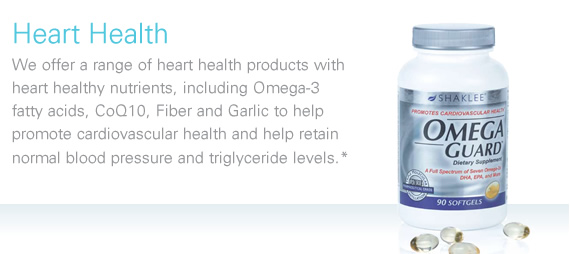 We’re doing a Turnaround™ with you! We’re pleased to announce the successful completion of the first 90 days of our Shaklee 180 Employee Healthy Competition. Nearly 80 Shaklee employees participated in Turnaround journeys! 79 employees completed 90-day Turnarounds - 72 of whom used the Turnaround Kit for weight loss, and 7 who used the Lean & Healthy Kit - focusing on fitness, gaining muscle, and just helping support everyone else! And, judging by the sound of the blenders throughout the day, there are even more Shaklee employees who did not compete, but who are using Shaklee 180 products and trying to be more active.
We’re doing a Turnaround™ with you! We’re pleased to announce the successful completion of the first 90 days of our Shaklee 180 Employee Healthy Competition. Nearly 80 Shaklee employees participated in Turnaround journeys! 79 employees completed 90-day Turnarounds - 72 of whom used the Turnaround Kit for weight loss, and 7 who used the Lean & Healthy Kit - focusing on fitness, gaining muscle, and just helping support everyone else! And, judging by the sound of the blenders throughout the day, there are even more Shaklee employees who did not compete, but who are using Shaklee 180 products and trying to be more active.Here is the summary of the amazing 90-day journey of the 72 employees who have lost weight:
Total weight loss: 757 pounds!**
Average weight loss: 10.51 pounds
Improvements in health: Priceless!

Top Winners (% of body weight lost):
Third Place:
Overall: Anthony Nusom, Assistant Facilities Manager, Operations - 16.4%
Top Female “Loser”: Jasmine Feng, Voice of the Customer Manager, Field Support - 13.5%
Second Place: Jim Charon, Project Manager, Events - 22.7%
First Place: Juan Cuevas, Manager, Field Support, who lost an amazing 23.7%! Wow!
We’re so proud of all of our winners, as well as everyone who is taking steps every day towards getting healthier! Congratulations to all of you who are doing a Turnaround with Shaklee!
** Results and experiences from the Shaklee 180 Program are unique for each person, so results may vary. People following the weight loss portion of the Shaklee 180™ program can expect to lose 1-2 pounds a week.







